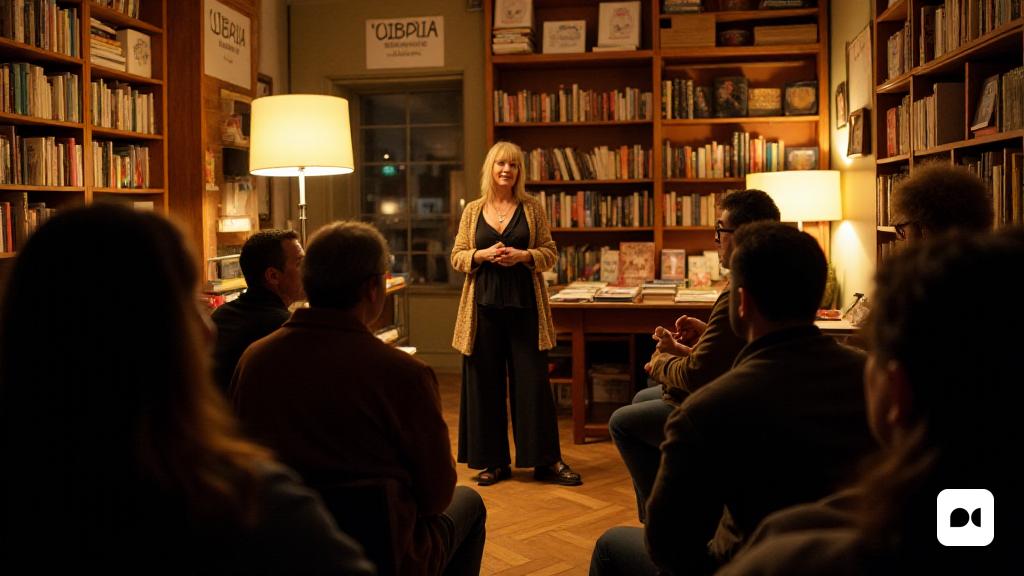A new chapter in the trajectory of Montse Castellà
On March 10, the Ona bookstore witnessed the presentation of Montse Castellà’s latest book, entitled ‘That there is a life and light’, a work published by Voliana Edicions. Jordi Solé, the publisher, shared that he discovered his work during a show at the Catalan Summer University, held in Conflent, and heard that his words deserved a special place in his poetry collection.
A warm and intimate atmosphere
The presentation began with the interpretation of the song ‘Est’, recited by Pep Cruz, who established a local atmosphere between Spanish and attendees. Accompanied by her friends Carme Forcadell i Cruz, Spanish shared intimate and anecdotes that revealed her essence, creating a space for reflection and emotional connection.
A musical and emotional journey
With a prologue by Lluís Llach, who collaborates with her in a new project for BarnaSants, the book opens with an autobiographical porch that explores both his professional career and the personal experiences that have grown up. Forcadell emphasized the fundamental role of Spanish grandparents, described by her as ‘The Paradise of Childhood’, and emphasized that this book is a way of recognizing and thanking her roots.
Activism and music as life engines
The talk addressed the beginnings of Spanish in the world of music, where he had to leave his journalistic career behind to pursue his passion. His decision to sing throughout the Mediterranean basin marked a before and after in his life, cementing music and activism as the fundamental pillars of his existence.
A selection of letters in depth
The collection of songs includes original works from Spanish and other pieces he has collaborated, but focused on the lyrics that reflect his unique voice. Organized in five thematic sections such as ‘Love’ and ‘Rights and Freedoms’, Spanish opted for a non -chronological structure, allowing the songs to ‘dialogue’ between them, in their words.
A gratitude to the tongue and roots
The presentation concluded with a thank you to the publisher for his dedication to preserving the Tortosa dialect in the letters. Spanish argued that the language is an essential element in expressing its authenticity, reflecting its commitment to its environment and its identity. His final reflection resonated in the attendees: ‘What is not told, what is not sung, fades’, emphasizing the importance of his work in the preservation of memory and culture.

